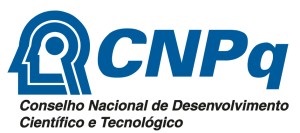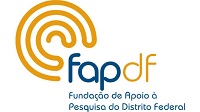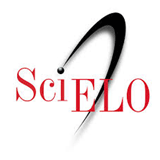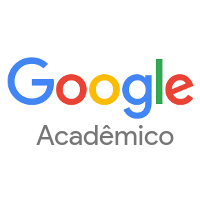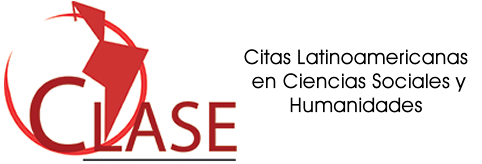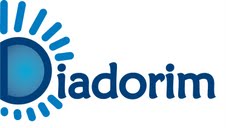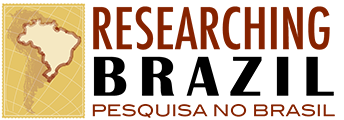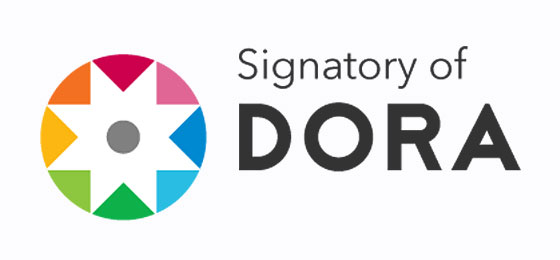The socioeconomic meaning of nature-based tourism in the Pantanal under governmental regulations
DOI:
https://doi.org/10.1590/s0102-6992-201934030006Keywords:
biodiversity, Pantanal wetland, protected nature, socio-economic benefit, sustainable tourismAbstract
The Pantanal is a seasonal biome of flooded habitats with exuberant biodiversity, which is ecologically productive and has attracted nature-based tourism. A protected environment is the main market product for ecotourism, with a growing socioeconomic factor for the local people. The Pantanal still keeps a complex environmental and biological diversity, valuing the natural ecosystems, which are crucial for tourism, supporting the biome’s integrity. Studies reveal that habitat alteration and loss, with conversion of natural vegetation into pasture for cattle ranching and agriculture cropping, and also the non-sustainable tourism, are environmental threats affecting the region. If, on the one hand, the Pantanal deserves to keep its protected nature, on the other hand, human presence favors indispensable socioeconomic growth, which includes ecotourism. This study analyses the local population’s perception of achieving their socioeconomic development through growing tourism in nature
Downloads
References
ALHO, Cleber J. R. Importance of biodiversity for the human health: an ecological perspective. Estudos Avançados (USP), v. 26, p.151-165, 2012. [ Links ]
________ . The Pantanal. In: FRASER, L. H.; KEDDY. P. A. (Orgs.). The world’s largest wetlands - ecology and conservation. Cambridge (MA): Cambridge University Press, 2005. [ Links ]
ALHO, Cleber J. R.; PASSOS, Fernando. Primates of the South American Pantanal wetland: seasonal effects on their habitats and habits. In: NOWAK, K.; BARNETT, A.; MATSUDA, I. (Eds.). Primates in flooded habitats: ecology and conservation, p. 163-171. Cambridge (MA): Cambridge University Press, 2019. [ Links ]
ALHO, Cleber J. R.; REIS, Roberto E. Exposure of fishery resources to environmental and socioeconomic threats within the Pantanal wetland of South America. International Journal of Aquaculture and Fishery Science, v. 3, n. 2, p. 22-29, 2017. [ Links ]
ALHO, Cleber J. R.; SILVA, João S. V. Effects of severe floods and droughts on wildlife of the Pantanal wetland (Brazil). A Review. Animals, v. 2, p. 591-610, 2012. [ Links ]
ALHO, Cleber J. R.; LACHER Jr., Thomas E.; GONÇALVES, Humberto C. Environmental degradation in the Pantanal ecosystem. BioScience, v. 38, p. 164-171, 1988. [ Links ]
ALHO, Cleber J. R.; CAMARGO, George; FISCHER, Erich. Terrestrial and aquatic mammals of the Pantanal. Brazilian Journal of Biology (Revista Brasileira de Biologia), v. 71, p. 297-310, 2011. [ Links ]
BRASIL. Ministério do Turismo. Turismo injetou US$ 163 bilhões no Brasil em 2017. 2018. Disponível em: <http://www.turismo.gov.br/ultimas-noticias/11037-turismo-injetou-us$-163-bilhoes-no-brasil-em-2017.html>. Acesso em: 23. Mar. 2019. [ Links ]
________ . Ministério do Turismo. Ãndice de competitividade do turismo nacional - Cuiabá. 2015. Disponível em: <http://www.turismo.gov.br/sites/default/turismo/o_ministerio/publicacoes/Indice_competitividade/2015/Cuiaba_RA_2015.pdf>. Acesso em: 23 Mar. 2019. [ Links ]
BRITSKI, Heraldo A.; SILIMON, Keve Z. S.; LOPES, Balzac S. Peixes do Pantanal: manual de identificação. 2. ed. Brasília: Embrapa Informação Tecnológica, 2007. [ Links ]
CAMPO GRANDE NEWS. Turismo no Pantanal cresce 4,5% e movimenta R$ 316 milhões em 2014. 2015. Disponível em: <https://www.campograndenews.com.br/cidades/interior/turismo-no-pantanal-cresce-4-5-e-movimenta-rs-316-milhoes-em-2014>. Acesso em: 23 Mar. 2019. [ Links ]
KRCMÁROVÁ, Jana. E. O. Wilson’s concept of biophilia and the environmental movement in the U.S.A. Klaudyán: Internet Journal of Historical Geography and Environmental History, v. 6, n. 1-2, p. 4-17, 2009. [ Links ]
LOPES, Odiléia E.; SASSI, Onofre C. A importância do desenvolvimento da atividade turística pautada na educação ambiental e na ética. Revista Saber Acadêmico, n. 12, p. 5-9, Jun. 2011. [ Links ]
MAMEDE, Simone B.; ALHO, Cleber J. R. Response of wild mammals to seasonal shrinking-and-expansion of habitats due to flooding regime of the Pantanal, Brazil. Brazilian Journal of Biology (Revista Brasileira de Biologia), v. 66, p. 991-998, 2006. [ Links ]
NUNES, Alessandro P.; TOMAS, Walfrido M. Aves migratórias ocorrentes no Pantanal. “Documento 62”. Corumbá: Embrapa Pantanal, 2004. [ Links ]
POTT, Vali J.; POTT, Arnildo; LIMA, L. C. P.; MOREIRA, S.N.; OLIVEIRA, Ademir K. M. Aquatic macrophyte diversity of the Pantanal wetland and upper basin. Brazilian Journal of Biology (Revista Brasileira de Biologia), v. 71 Suplemento, p. 255-263; 2011. [ Links ]
POTT, Arnildo; OLIVEIRA, Ademir K. M.; DAMASCENO JÚNIOR, Geraldo A.; SILVA, João S. V. Plant diversity of the Pantanal wetland. Brazilian Journal of Biology (Revista Brasileira de Biologia), v. 71 Suplemento, p. 265-273, 2011. [ Links ]
SABINO, José; ANDRADE, Luciana P.; BESSA, Eduardo. Ecoturismo: valorizar a natureza para gerar negócios sustentáveis e renda. In: SABINO, J. Ecoturismo: nas trilhas da biodiversidade brasileira, p. 13-21. Campo Grande: Natureza em Foco, v. 1, 2012. [ Links ]
SCREMIN-DIAS, Edna; LORENZ-LEMKE, Aline P.; OLIVEIRA, Ademir K. M. The floristic heterogeneity of the Pantanal and the occurrence of species with different adaptive strategies to water stress. Brazilian Journal of Biology (Revista Brasileira de Biologia), v. 71, p. 275-282, 2011. [ Links ]
SHARMA, Anupama; KUKREJA, Sumita; SHARMA, A. Role of tourism in social and economic development of society. International Journal of Advanced Research in Management and Social Sciences, v. 1, n. 3, p. 10-31, Sep. 2012. [ Links ]
STRÜSSMANN, Christine; RIBEIRO, Ricardo Alexandre Kawashita; FERREIRA, Vanda Lúcia; BÉDA, Arlindo de Figueiredo. Herpetofauna do Pantanal brasileiro. In: NASCIMENTO, L.; OLIVEIRA, M. E. (Orgs.). Herpetologia no Brasil II. Belo Horizonte: Sociedade Brasileira de Herpetologia, 2007. [ Links ]
TORTATO, Fernando R.; IZZO, Thiago J.; HOOGESTEIJN, Rafael; PERES, Carlos A. The numbers of the beast: valuation of jaguar (Panthera onca) tourism and cattle depredation in the Brazilian Pantanal. Global Ecology and Conservation, v. 11, p. 106-114, 2017. [ Links ]
UNWTO - WORLD TOURISM ORGANIZATION. International tourist arrivals reach 1.4 billion two years ahead of forecasts. 2019. Disponível em: <http://www2.unwto.org/press-release/2019-01-21/international-tourist-arrivals-reach-14-billion-two-years-ahead-forecasts>. Acesso em: 23 Mar. 2019. [ Links ]
WILSON, Edward O. The creation - an appeal to save life on Earth. New York: W. W. Norton & Company, Inc., 2006. [ Links ]
WWF-BRASIL. Aves migratórias no Pantanal - distribuição de aves limícolas neárticas e outras espécies aquáticas no Pantanal. SERRANO, I. L. (Coord.), Brasília: WWF-Brasil, 2008. [ Links ]

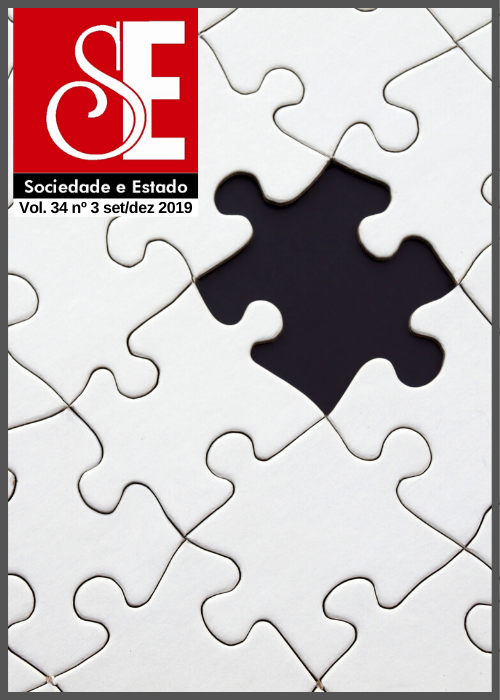


.jpg)

